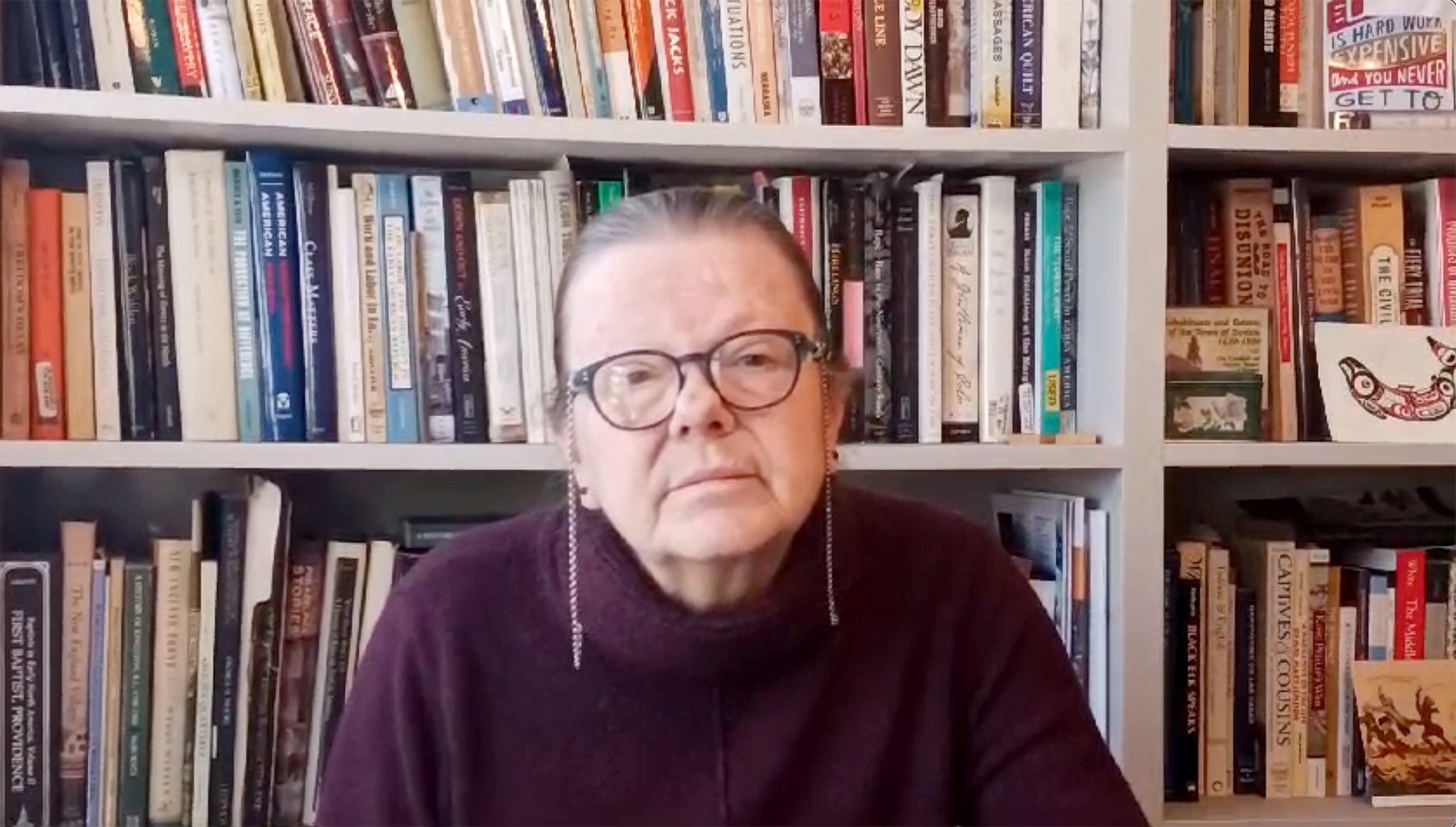Lucy Terry Prince
Topics & Ideas
WIREFRAME ONLY - NOT YET DESIGNED
Topics and Ideas
Unlikely Enslavers?

About
One of the most persistent myths about early New England slavery is that ministers—devout religious leaders—couldn’t have enslaved people, that they would have regarded slavery as wrong or immoral. But these men believed that an important part of their job was to preserve a hierarchical social order ordained by God, to be carried out in the organization of the household that placed the father at the head of a descending chain of command, followed by the mother, then the children, and finally servants and enslaved laborers. While ministers believed that outright abuse of any member of the household by any other member was sinful, they saw it as their duty to instill an understanding of place and obligation, and to require the obedience of all for whom they were responsible. Ministers believed that God offered redemption to all under their roofs, including the enslaved members, who met the obligations of their assigned place in the household hierarchy. As evidence of their belief in the possibility of redemption, including for enslaved people, most New England ministers fostered literacy to enable them to read their Bibles and presumably to follow the injunction in Ephesians 6: “Slaves, obey your earthly masters.”